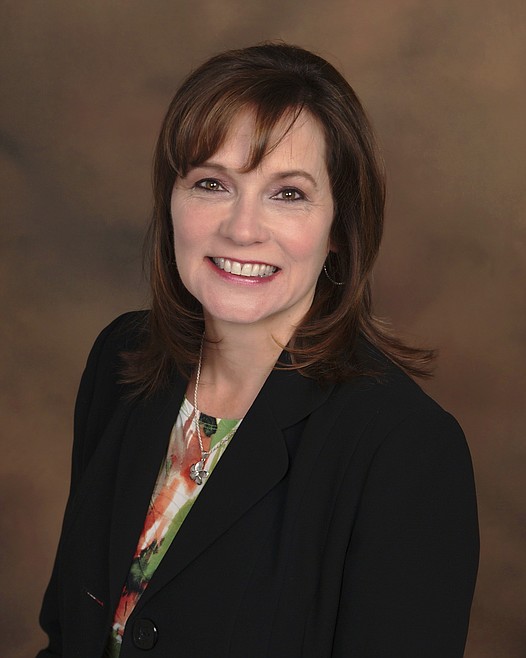You might be overpaying for apps
If you download apps to your Android or iPhone device, you should be aware that both Google and Apple have been known to overcharge users who pay to download apps as well as those who make in-app purchases in the Google Play store or in Apple’s App store.
In-app purchases have become a controversial topic because of the revenue they generate for Google and Apple. Commission fees that app developers are required to pay are 15-30% to have their apps housed in either Google or Apple’s app store. Unfortunately, with few market choices, app developers are stuck paying the fees, and in turn, the fees are often passed along to consumers.
Essentially, Apple and Google use their shared monopoly power over cellphones to rip consumers off. Many times we aren’t even aware we are being ripped off.
For example, if you'd like to download an app or a game and the content/service costs $9.99 a month, it will cost you $12.99 a month if you download it on iOS (Apple) with a 30% commission fee added.
One issue that bothers app developers is Apple’s “anti-steering” policy, which forbids app developers from steering users to app platforms where their products may be cheaper. But there's a way to get around the high commission fees Apple and Google charge that they don’t want you to know about.
You can purchase apps outside the Apple iPhone or Google Android devices by going directly to the website of the provider and signing up for the content or services there. Sure, it can be more convenient to download the app from the Apple app store or the Google Play store, but you will have to pay up for that convenience.
• • •
Are safe deposit boxes really safe?
If you think storing important documents and valuables in a safe deposit box at the bank or credit union doesn’t have some risk, think again.
Some people have kept valuables in a safe deposit box only to find out years later they go missing. When that happens, who’s held accountable isn’t always clear.
Why? Because in the United States, safe deposit boxes operate in a legal gray zone within the highly regulated banking industry. There are no federal laws governing safe deposit boxes and there are no rules that require banks to compensate consumers if their property is stolen or destroyed.
Also, you should know that money stored inside the box is not Federal Deposit Insurance Corporation (FDIC) insured or National Credit Union Administration (NCUA) insured for credit union accounts. If a bank does have an insurance policy that covers damage to property held in a safe deposit box, it is unlikely to extend to provide coverage for cash held in a box.
Is there a better option? Some have found it better to keep their valuables in a large fireproof safe that's too heavy for anyone to just walk away with. That way you can access your documents at your convenience and not just when the bank is open.
Also, items stored in your home will be covered by your homeowners insurance unlike in the case of safe deposit boxes. If you have expensive jewelry to store, you might need an insurance rider to cover those items. It's best to check with your home insurance company.
• • •
Scammers target veterans with VA Home Loans
The Department of Veterans Affairs along with the Consumer Financial Protection Bureau are warning consumers about a new scam specifically targeting veterans with VA guaranteed home loans.
Typically the scammers pretend to be affiliated with the government or a mortgage company and attempt to swindle veterans out of money. As part of the ploy, fraudsters try to get veterans to refinance their homes, agree to loan modifications or even start sending their mortgage payments to a new address. In some instances they try to convince veterans that their homes are facing foreclosure or they owe late fees.
Calls are spoofed to make it appear that the call is coming from the local VA office.
Often the caller informs the veteran that their mortgage has been transferred to a new service provider. Then scammers claim that after the mortgage is transferred, back payments amounting to hundreds if not thousands of dollars are owed to the new mortgage holder at the new address. Payments are requested through money order or gift cards so they cannot be traced or recovered once the fraud is discovered.
Other schemes include promises of very low interest rates for refinancing but often require the veteran to pay fees up front. After the fees are paid, the “mortgage company” either denies the application or communication with the veteran is discontinued.
With mortgage fraud, scammers also rely on the consumers being confused about paperwork and provide tight deadlines that discourage the veteran from reviewing the documentation prior to signing the documents.
Don’t be fooled or rushed. If you suspect a scam, contact your mortgage lender to determine if what you're being told is real or not. If the contact is fraudulent, report it to the Federal Trade Commission at www.ftc.gov.
• • •
Remember: I’m on your side.
• • •
If you've encountered a consumer issue that you have questions about or think our readers should know about, please send me an email at terridickersonadvocate@gmail.com or call me at 208-274-4458. As The CDA Press Consumer Gal, I’m here to help. I’m a copywriter working with businesses on marketing strategy, a columnist, a veterans advocate and a consumer advocate living in Coeur d’Alene.

